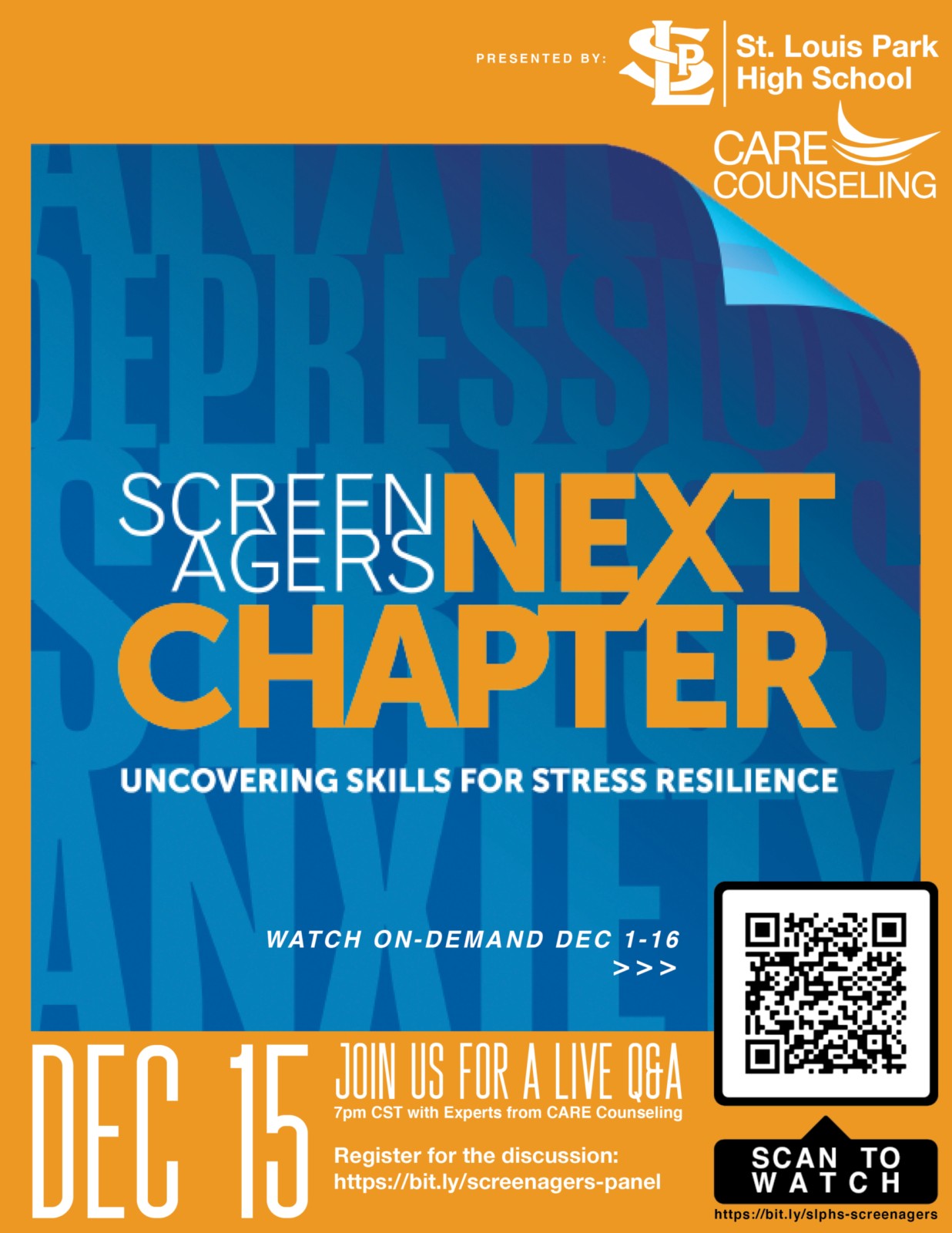What CAN parents do:
Keep in mind, during COVID we need to be gentle with ourselves and perhaps allow for more screen time for our kids as that is often the way they are connecting with friends. This, more than ever, is a time when screens allow us to stay connected.
- Parents can create space to talk (without screens) about how people in the family are doing in the midst of this.
- Model Talking about Emotions. Kids learn how to communicate emotions from us through our behaviors and verbalizations, so being intentional about this can be so powerful.
- Focus on Listening vs Solving Problems. As parents, we want to protect our children and help them solve their problems. Just like you, they learn more when they feel heard and seen. This space of feeling understood provides the backdrop to self-reflect and make decisions. We learn and grow from any decision/solution – meaning sometimes our kids are going to make mistakes.
- One thing to remember for ourselves and our kids is that we are looking for practice and progress, not perfection – sometimes we need to allow for setbacks and be kind to ourselves as we learn from these.
Be Curious about What Your Kid(s) Need. Simply asking a child what they need or how they need support may in and of itself be what they are looking for from us.
Parents need “me time” too – Your Mental Health Matters Too!
- Find Self-Forgiveness. The perfect parent does not exist. Typically, the goal is to be the “good enough” parent. When you have a parenting mistake or misstep, please remember, we’ve all been there. You’re human! These are some of the best teaching moments for your kid(s) and maybe even a growth moment for you. Often, addressing mistakes or missteps leads to self-forgiveness.
- One way you could do this is to name what happened, apologize (if needed), and explain how you could do it differently in the future. This is basically what we want our kids to do, so let’s model what we expect of them.
- Develop Self-Care Skills. The best self-care strategies are things that bring you joy and/or peace, they’re simple, and they’re repeatable.
- Some examples: reading before bed, walking the dog, calling a friend, reading the funnies, going to therapy, having a bedtime routine, etc.
- Self-Indulgences. These are things you do less often but can also be helpful to do when you can. This is more how media portrays self-care but often these are not realistic to engage in often due to price, time, or availability.
How can parents build resilience:
Now more than ever is a time to cultivate our ability to navigate and bounce back from challenges. Dr. Martin Seligman developed a framework for building resilience, namely the PERMA Model, that parents can use to promote resiliency within the family. Here are some ideas on how to use:
Positive Emotions
- Create a culture of curiosity around your and your child’s needs.
- Model empathy through the empathic perspective taking of what your child is experiencing
- Engage in gratitude check-ins ~ inquire what family members are grateful for each day
- Foster hopes by talking about what each person is looking forward to in 2021
Engagement
- Re-visit and/or begin family rituals; such as daily gratitude each morning, creating special greetings/farewells, acts of kindness throughout the day, sharing high & low points each day, and loving-kindness meditation at night.
- Create new traditions around holidays and changing seasons; such as theme nights, driving to look at holiday lights, changing leaves, or spring flowers, and cookie baking or sampling meals from different cultures.
- Start a norm of making and having meals together when possible; such as having each member contribute to the meal or taking turns making each others’ favorite meals.
- Collaborate on other activities that do not include screens (board games, puzzles, nature walks).
Relationships
- Grow positivity in your relationship by celebrating good news or things that are going well.
- Strength by increasing quality time spent with each other, one-to-one or as a group.
- Do things together for other mutual relationships; such as creating/writing cards to other family members).
- Express gratitude towards one another often; such as keeping a gratitude jar to go through together weekly.
Meaning
- Collaborate on what are the values within your family; such as kindness, respect, communication, and support.
- Catch each other living these values in day to day living to positively reinforce.
- Notice how your kids are engaging in purpose, build awareness by telling them how you see this.
- Together, find the silver lining, the growth, and learning, in these challenging times.
Accomplishment
- Reflect together on what has worked in the past to navigate through challenges.
- Find successes by focusing on what is going well day to day and amplify this.
- Recognize the strengths in each other and notice when these are shining!
- Take notice of how you are seeing progress and name this when you do.




